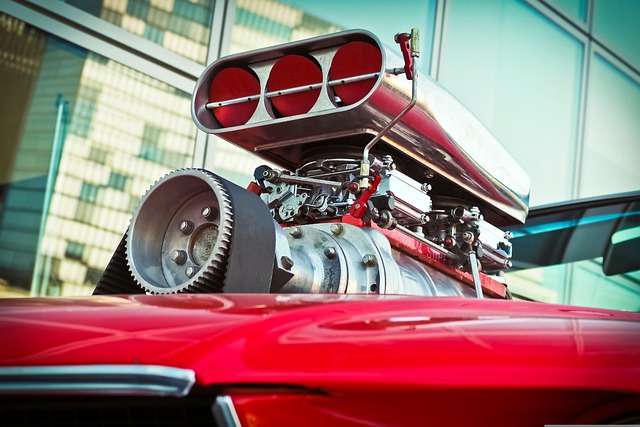Reciprocating compressors have many uses. You also have compressors that come in different sizes. Regardless of the application or size of a compressor, you want to do as much as you can to keep the machine running and in good condition.
You will find many operations that rely on compressors. When they break down, it can slow production or bring everything to a halt. It could also have a ripple effect that influences supply chain performance. For some businesses, the costs of a compressor breakdown can be near catastrophic.
Fortunately, there is a lot you can do to prevent compressor problems and ensure reliable performance. Read on to learn about some of the ways to prevent the breakdown of a compressor.
Reduce Vibration
If you have ever operated a compressor, you know vibration is common. These machines operate with significant forces, and they have many moving parts. While some vibration is expected, excessive vibration is a problem. Before long, it can cause parts to loosen and become misaligned. It can also cause parts to wear out faster than they should.
Most vibration issues are a result of the compressor not being properly secured. If you make sure it is secured tightly, you can do a lot to reduce vibration. You could also consider installing vibration pads. As long as they are installed properly, they can do a lot to minimize vibration.
Keep it Clean
Dirt and debris are the enemies of most machines. If parts become dirty or covered in grime, it can cause additional wear on some of the parts. Dirt or other types of grime can also get in various parts of the machine and force it to work harder than it usually would.
The simple answer to this problem is to keep the compressor clean. You could develop a daily protocol for cleaning the compressor after using it. Beyond that, you could also set a schedule for deeper cleanings that can occur every few months or once a year.
Repairs and Replacements
On a long enough timeline, every compressor will need repairs or replacement parts. No matter how well you take care of the machine, the parts will only last so long. However, some people wait until the machine stops working to get repairs done or to replace parts. This can often lead to other parts failing or wearing out sooner than they should. That is why you should have repairs performed as soon as possible. It could save money and extend the life of the machine.
Another point is to get the right replacement parts. Don’t just try to keep a bad part working as long as the compressor is working. You should also buy parts for the machine you have. For example, if you have a machine from Ariel, you need Ariel compressor parts. You might be able to find other parts that will serve the purpose for less, but they might not perform as well, or they could cause other issues.
Temperature Control
A sudden increase in operating temperature can be an indication the machine is running hot. Some people might try to just keep working as long as the machine is running, but the high temperature can damage the compressor. If you can’t control the temperature, you should shut the compressor down and troubleshoot the issue.
In some cases, you might just need to clean dirt and grime from different parts to get the compressor to get it working at optimal temperatures. It could also be a sign that the oil level in the crankcase is too low. It might also be an indication that the motor is overheating. Whatever it may be, you need to diagnose the issue and have it addressed before turning the compressor back on. You might even need to call for professional maintenance.
Routine Maintenance
Routine maintenance is one of the keys to extending the life of a compressor and ensuring reliable operation. You should set a checklist for daily and monthly maintenance to keep your compressor working. The checklist should include cleaning, checking the oil, checking for leaks, testing the pressure relief valve, inspecting the belts, testing for vibration and more. You can also put things like oil changes and the tightening of parts on the long-term maintenance schedules.
Some larger industrial applications for compressors might benefit from predictive maintenance. With predictive maintenance, you do not rely on the scheduled maintenance alone. Instead, the machine will have sensors that monitor operation. The data from the sensors is then analyzed by specialized software to detect issues early. The software can then give you an early warning about repairs that need to be performed or parts that may need replacement.
These tips can do a lot to help you maintain a more reliable compressor that will have a longer operating life. With a little bit of work and an awareness of the issues that can cause compressor failure, you can do a lot to prevent problems.

0 Comments